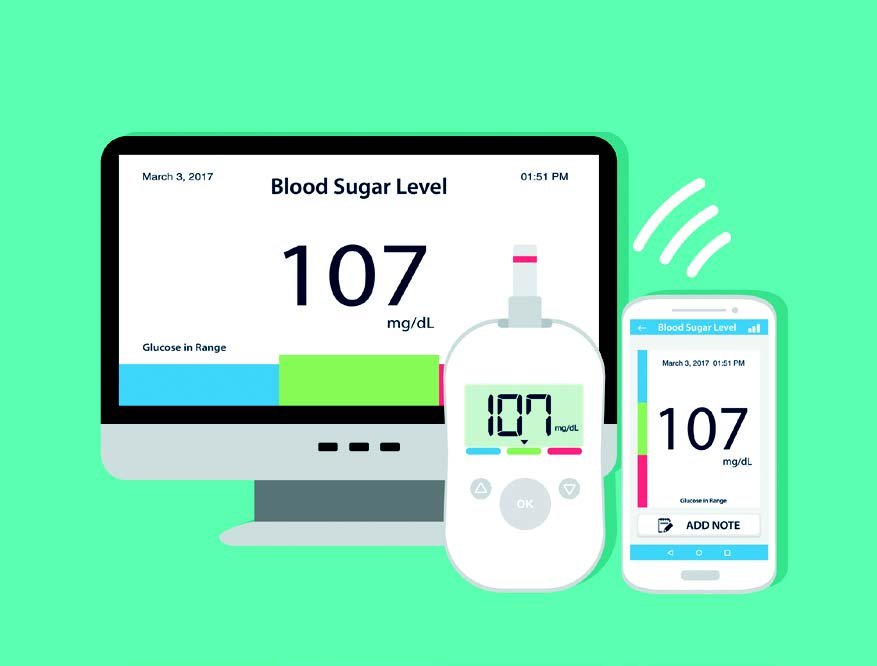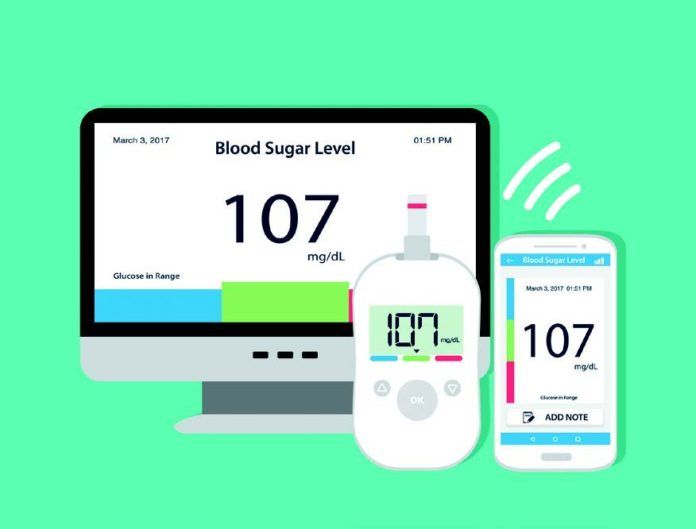
Image © Jull1491 | Getty Images
A recent study from Singapore suggests that many mobile applications (apps) designed to support diabetes self-management do not offer key features that could help with blood sugar control. The study, published in the Journal of the American Medical Association (JAMA), looked at the functionality claims of 371 apps. While all of the apps allowed people to record blood sugar levels, only 37 percent let people set goals; only 28 percent offered reminders to measure blood sugar; and only 29 percent allowed for recording of hemoglobin A1C (HbA1c) levels (a measure of longer-term blood sugar control). Although nearly 59 percent of apps alerted users when their glucose levels were dangerously low or high, the majority of apps did not provide real-time decision support or situation-specific education such as suggestions of what to do to get blood sugar levels back to normal, and consecutive glucose levels in the danger zones did not lead to stronger alerts. The authors consider these “missed opportunities to improve care and health outcomes.” Encouragingly, a 2016 meta-analysis found that using an app to assist in self-management of diabetes is associated with lower HbA1c levels. While this new study does not prove that apps with or without certain features directly impact health outcomes, it does raise awareness for consumers that some apps may be more useful than others.





















